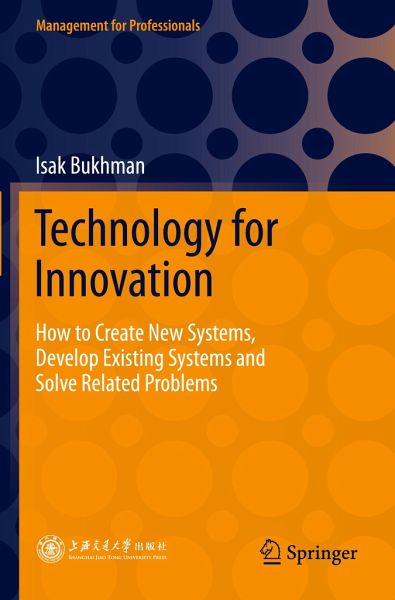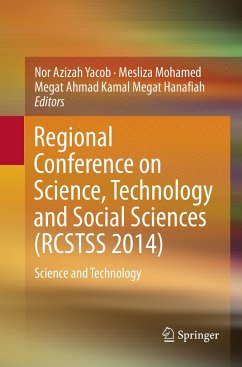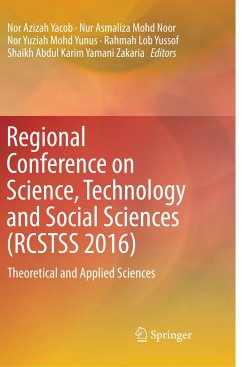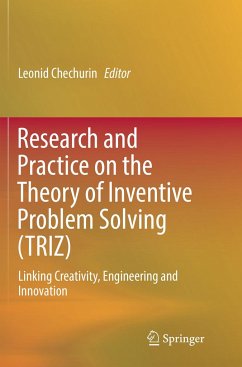
Technology for Innovation
How to Create New Systems, Develop Existing Systems and Solve Related Problems
Versandkostenfrei!
Versandfertig in 6-10 Tagen
65,99 €
inkl. MwSt.
Weitere Ausgaben:

PAYBACK Punkte
33 °P sammeln!
This book offers readers a simple, attractive, detailed knowledge of TRIZ and applied TRIZ, Technology for Innovation.The genius of Genrich Altshuller and his many followers created TRIZ by using the best practices of thousands of most talented engineers and scientists, which made our technological civilization. TRIZ is a science and philosophy for new system creation and existing systems development, and related problem-solving. TRIZ helps to create the best possible solutions for even the most critical problems. TRIZ is the best we have today on our Planet for industry, technology, business,...
This book offers readers a simple, attractive, detailed knowledge of TRIZ and applied TRIZ, Technology for Innovation.The genius of Genrich Altshuller and his many followers created TRIZ by using the best practices of thousands of most talented engineers and scientists, which made our technological civilization. TRIZ is a science and philosophy for new system creation and existing systems development, and related problem-solving. TRIZ helps to create the best possible solutions for even the most critical problems. TRIZ is the best we have today on our Planet for industry, technology, business, and education development.As a life philosophy, TRIZ helps realize every human being's privilege and obligation to be a creative person and live a creative and successful life. Applied TRIZ, Technology for Innovation is the process of using all parts of TRIZ combined with other proven design development methods and best practices of effective project teams for a system (products, devices, technologies, services) development and problem-solving.Technology for Innovation is applying through individual innovation Roadmaps for project creation and problem-solving.The structure and content of the book follow the standards and requirements of the curriculum for Universities. This book is a textbook for students and teachers at the university and high school level and a practical handbook for any manager, engineer, and specialist involved in product and technology development. Of course, the author believes it will also be beneficial and enjoyable to anyone with an inquiring mind, irrespective of age, and specialty.














